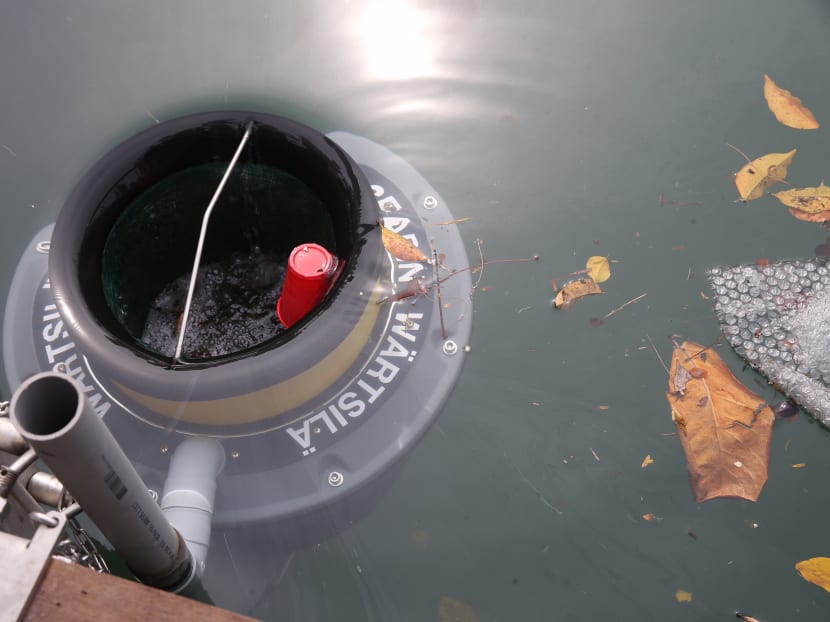Setting up Seabin an encouraging move, but fight against littering still needs continuous work
It is heartening to see that the Republic of Singapore Yacht Club has stepped up to pilot run Seabin. (“Floating garbage can: First Seabin installed in S’pore waters at yacht club”; April 10).
Although the Seabin cannot singlehandedly solve the massive problem of marine trash and plastic waste, it is encouraging to see that efforts have been put in to ensure cleanliness of our waters.
It was reported that the most commonly caught items in the Seabin were styrofoam boxes, plastic particles and aluminium drink cans. These man-made debris could come from anywhere, not just the marina.
Even though there are efforts to remove such waste through coastal clean-ups and other community projects, it is still essential to continue engaging the public’s awareness on the root cause of such litter in order to initiate a change in attitude.
Apart from public campaigns to impart “actionable” knowledge for children and adults to see the link between marine trash and its impact on the environment and marine life, the Government should increase enforcement through several ways, such as issuing warnings against companies and sea vessels caught disposing waste illegally into waters within the jurisdiction.
The disposal of litter also needs to be made convenient and accessible, including having enough trash bins at coastal areas with proper maintenance and regular emptying, to prevent them from overflowing and the waste being blown into the seas. Clear signage should also be provided to inform and educate patrons on proper waste disposal.
The Government may consider giving grants to fund marine conservation activist groups in their work and to entrepreneurs who take the initiative to tackle pollution problems such as that for Seabin.
Reducing litter gives us cleaner and less polluted waters, not just for us but for the marine ecosystem as well.







